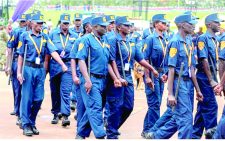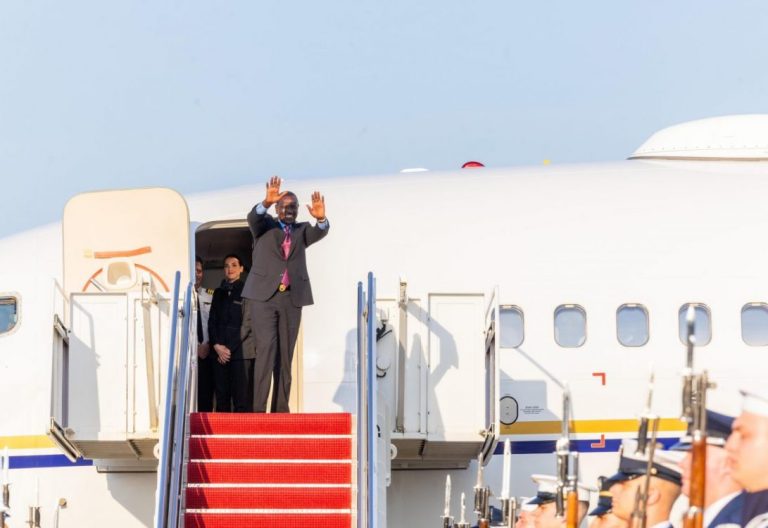Shortage of flight inspectors ‘hinders’ growth of aviation

TRANSPORT: A shortage of flight operation inspectors has curtailed certification of new charter and commercial air operators in Kenya with 34 operators on the waiting list since 2016.
“Only two new operators, Ocean Airlines, that plans to fly to Somalia and other destinations in the Horn of Africa and RSA Air (new cargo operator) are currently undergoing the five phase Air Operator Certification process, while another 34 operators are on the waiting list,” says Githae Mwaniki a seniour consultant at the Aviation Information Consultants.
Mwaniki decries the fact that KCAA has only 18 flight operator inspectors, overseeing 66 Commercial Air Operators who include scheduled airlines and non-scheduled operators (charter).
Flight operation inspectors approve and carry out surveillance of local and foreign air operators to ensure compliance with regulatory requirements. They also carry out investigations into aircraft incidents and accidents.
Mwaniki says Kenya Civil Aviation Authority (KCAA) requires between 50 and 60 flight operations inspectors to optimally perform its oversight responsibilities.
He says at least four to eight new operators should have been certified by end of 2019.
Trouble for KCAA started in the fiscal year 2018/19 when the government froze hiring of civil servants.
This affected recruitment of personnel at KCAA, with director-general Gilbert Kibe acknowledging the authority requires at least 300 new staff to meet its oversight needs.
“KCAA has received approval from the Head of Public Service and the Treasury to recruit additional staff to enable to discharge its mandate,” Kibe said during a roundtable in December.
Business Hub has reliably learnt that a recruitment advert from KCAA will be posted this week, with plans to hire new staff, including 15 inspectors among them 13 flights operation and two airworthiness inspectors, a far cry from what the industry requires.
Speedy deployment
If the recruitment is successful, it will raise the flight operations inspectors from 18 to 31. However, aviation stakeholders are stressing that of the 13 new inspectors, between eight and 10 should be former inspectors who can be deployed immediately after orientation.
“It takes 12 to 18 months to go through the government inspectors course, which is a requirement for a new inspector, after which they can be deployed to serve as a flight operations inspector/ certification project manager to oversee certification of a new air operator,” says Mwaniki.
There are now fears that lack of certification for new operators is likely to affect relief missions launched from the country in response to humanitarian needs in the region, and also restrict uptake of air transport as an alternative mode of transport, the later which has been on the rise.








